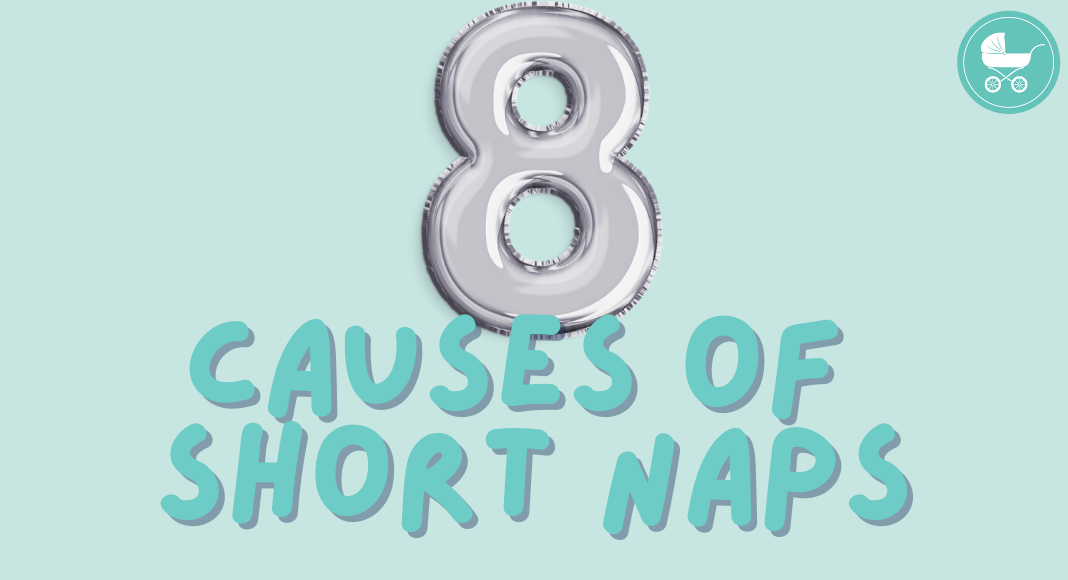
March 5, 2014
Daylight Savings Time is Sunday, March 13! So here we go yet again! And just when we finally got our babies and toddlers adjusted to the last time change, we now have to do it all over. We will be moving our clocks up one hour – what was 6am is now 7am and what […]
It’s That Time Again…Spring Forward
Daylight Savings Time is Sunday, March 13! So here we go yet again! And just when we finally got our babies and toddlers adjusted to the last time change, we now have to do it all over. We will be moving our clocks up one hour – what was 6am is now 7am and what was 6pm is now 7pm (darker in the morning and brighter in the evening). But how can we maintain the good healthy sleep habits we created for our children, despite the time change? Here are three approaches you can do to make the transition to go as smoothly as possible.
Before The Time Change. Plan Ahead. Try to prevent problems by getting your child ready a few days before the clock change. Putting your baby to bed 15 minutes earlier each night can help make the transition simple. This means if your child’s bedtime is at 7pm, move it up to 6:45pm. Continue moving it up 15 minutes until you have reached 6pm. By that time, Daylight Savings Time will have occurred and 6pm will now be 7pm and your baby is back on their regular schedule.
You’ll also adjust wake times and nap times accordingly. Our ultimate goal is to prepare our little ones for the one-hour time adjustment, so this means their entire schedules will shift as you make those 15-minute alterations. So, if they usually wake at 7pm, wake them at 6:45am on the first day. If their first nap is at 8:30am, put them down at 8:15. You get the idea!
*BLACK OUT SHADES MAKE A WORLD OF A DIFFERENCE HERE*
After The Time Change. After you place your baby to sleep on Saturday night, go ahead and move your clock ahead an hour, and proceed with your normal day Sunday. Remember that doing this will cause your child to lose an hour, which has the potential to create a struggle during the day.
On Sunday, wake your child up 45 minutes later than her regular schedule. For example, if their regular waking time is 7am, with DST that time now becomes 8am. However, you will not let them sleep until then. The first morning after the DST change, let them sleep only until 7:45am (45 later than her regular waking time). Therefore, starting then you should make sure your child’s naptime and bedtime are 45 minutes later than her regular schedule the first day; 30 minutes later the second day; 15 minutes later the third day; and by the fourth day they will be adjusted to the new time. By doing this, your baby would be going to sleep and waking up at their regular times four to five days after the time change.
Ripping the Bandaid and just go with it. To be honest, this is the approach I will more then likely be taking. Why? Because I would rather just do it as it’s happening. Gradual is great and helps with the temperament of children, but I like things done quickly. With this approach you will put your child to bed on Saturday night at their regular bedtime. After doing so, change the clock and follow the new time. Wake your child up the next morning when the new time turns to your child’s regularly scheduled wake up time. So for example: If your child normally wake up at 7am, you will wake them when the clock says 7am. Essentially, they are losing one hour of sleep. Their bodies will think and feel like it’s 6am but you will still be waking them up one hour earlier. I know, makes for a VERY long day! But the payoff is that bedtime is earlier!!! If your child wakes early and you are trying to adjust them to a later wake up time, I wouldn’t wake them up and would follow more of the After The Time Change approach.
Throughout the rest of the day follow the new adjusted time. Keep them awake when they are usually awake and put them down for their naps when they normally go down based on the time. So if your baby usually takes her first nap at 8:30am, put them down for their nap when the clock hits 8:30am. Continue on with this approach until your child has adjusted to the new time.
The End Result. Regardless of the approach you decide to take, remember that every child is different and they will adjust differently to changes in their sleep schedule. It takes several days to adjust to the new times, so be prepared for your baby to want to wake up later than usual on occasions, to be crankier than usual during the afternoon, and/or to be tired during the first days of the transition.
Help is here – just email us at info@thecradlecoach.com and we will be sure to help you during this transition.
Get instant access to our free sleep class for children from newborn to 5 years old. You will learn how to get your child to sleep independently -- and all through the night!
Get Your Child To Sleep All Night Long in as Little as 7 Days!
join the free class
THE CLASS


